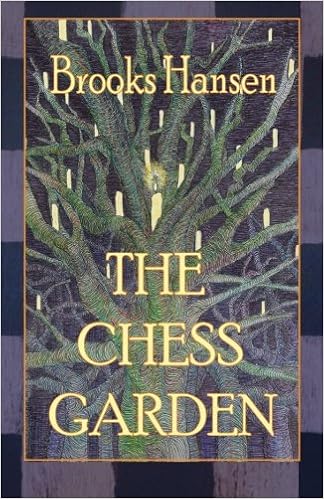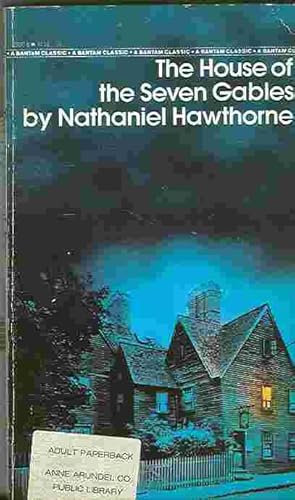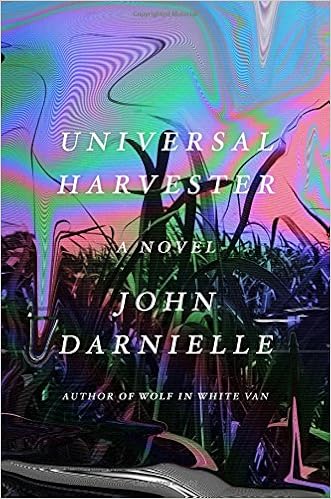How much of our lives, good and bad, should we credit to our personal decisions, and now much is just the inheritance of our culture, our families, and our parents who have failed their children? How much is Mom's life her own fault? Where does the blame stop and sympathy begin?
Vance, a self-proclaimed hillbilly (an affectionate term when coming from him), traces his family's (infrequent) rises and (much more frequent) falls in Jackson, Kentucky and Middletown, Ohio--a town so replete with former Kentuckians Vance dubs it "Middletucky." After reading Arlie Hochschild's
Strangers in Their Own Land, I was hoping for the other side of the story, and, on some level Vance provided. This is much more a memoir than it is an anthropological study (although Vance does bring social science into the picture with statistics and studies to reinforce his reflections); Vance rarely strays from his experiences or those of his immediate family, so we get a narrow slice, but it's a deep slice. As Christopher points out in his
much more eloquent review, it feels meaningful to get the perspective of someone who is actually from this community, not a liberal academic outsider.
While Vance is an insider, he is also an anomaly. After a stint in the Marines, he attends Ohio State and then Yale Law; the only graduate of his high school to attend an Ivy League school. He's an exception to the rule in Middletown, but he's also an exception to the rule at Yale, prompting another series of questions:
Why has no one else from my high school made it to the Ivy League? Why are people like me so poorly represented in America's elite institutions? Why is domestic strife so common in families like mine? Why did I think that places like Yale and Harvard were so unreachable? Why did successful people feel so different?
The book is peppered with questions like these; some of them are answered, but many of them are not, at least not definitively. Which gets, I think, at the core of why we're in so much trouble: there aren't simple solutions to the questions and problems that plague our poorest communities. There isn't a clear way to connect the dots back to where it started or plan or legislate our way out. Vance doesn't offer much in the way of policy solutions or culture shifts that would solve the alienation and destruction of the Appalachian poor. He made it out himself, but his success story seems like such an abnormality--an alignment of supports and challenges at just the right times--that it's hardly a prescription.
He is able to pin both his success and the stagnation of those around him on a few broad themes. As has been chronicled and explored elsewhere, the devastation left behind as rust belt jobs died out has left communities like Middletown stuck in cycles of poverty that seem impossible to break out of. Section 8 housing further segregates these communities, and drug and alcohol use push them further away from upward mobility. None of this is particularly novel, but hearing the individual stories of family members living out these cycles did make it more real.
Vance is more engaging, though, when he treads on more controversial ground. Ground that he is perhaps uniquely qualified to tread on, and ground that armchair liberals are (perhaps reasonably) less willing to touch. One of the issues that he sees is the decline of the work ethic that made his grandparents successful: "To the average Middletonian, hard work doesn't matter as much as raw talent." He gives dozens of examples of the low expectations and fixed mindsets that plagued his high school classmates, and while part of me was made very uneasy reading this, Vance grounds it in anecdote and data enough to make it feel a little less subjective. A quote from one of his teachers made me actually laugh out loud on the subway because I had had almost verbatim the same conversation with a student that day: "You have the kids who plan on being baseball players, but don't even play on the high school team because coach is mean to them." This is a mentality I see over and over again in my own students, and one that I have no trouble believing is pervasive in both urban poor and rural poor communities. Add onto that a toxic dose of pride (preventing men from seeking "women's work" or even part time jobs lacking prestige), and people get permanently stuck. This discussion of stagnation left me a little uncomfortable; whether it is with my students or with Vance's hillbillies, I'm reluctant to pin the downfall of entire communities on what amounts to laziness. I think Vance is on to something, but he doesn't delve deep enough here into where these attitudes come from. He discusses the ways in which conservative ideology has encouraged this kind of thinking--"there is a cultural movement in the white working class to blame problems on society or the government, and that movement gains adherents by the day"--but again, doesn't really get at how or why.
Vance credits his own ability to break that mold on his grandparents who consistently reinforced that hard work paid off, that change was possible with effort. In other words, his grandparents fed him a steady diet of
Carol Dweck until he believed in himself enough to break out. His grandmother, in particular, was his savior; the one who consistently pushed, motivated and encouraged him. If there is a solution to poverty presented in this book, it is this: one (or, ideally several) adults who provide a stable, trauma-free safety net and plenty of growth mindset frames for success. If my own students are any measure of this theory, it definitely seems plausible. The hard part is that mandating stable households is not a reasonable policy position, so offering this as a solution to a broader problem doesn't work.
Clearly, I wanted more solutions from this book than Vance was willing to offer. It's hard to blame him since the point of memoirs isn't to present possible solutions, but I do think that grappling with the questions Vance poses and immersing oneself his world is a part of the larger solution. I was struck with the commonalities between him and my students, but also between him and myself (while I am white, I'm not sure I could be more culturally distant). Even without spelled out solutions, a glance into this world is definitely a first step.









